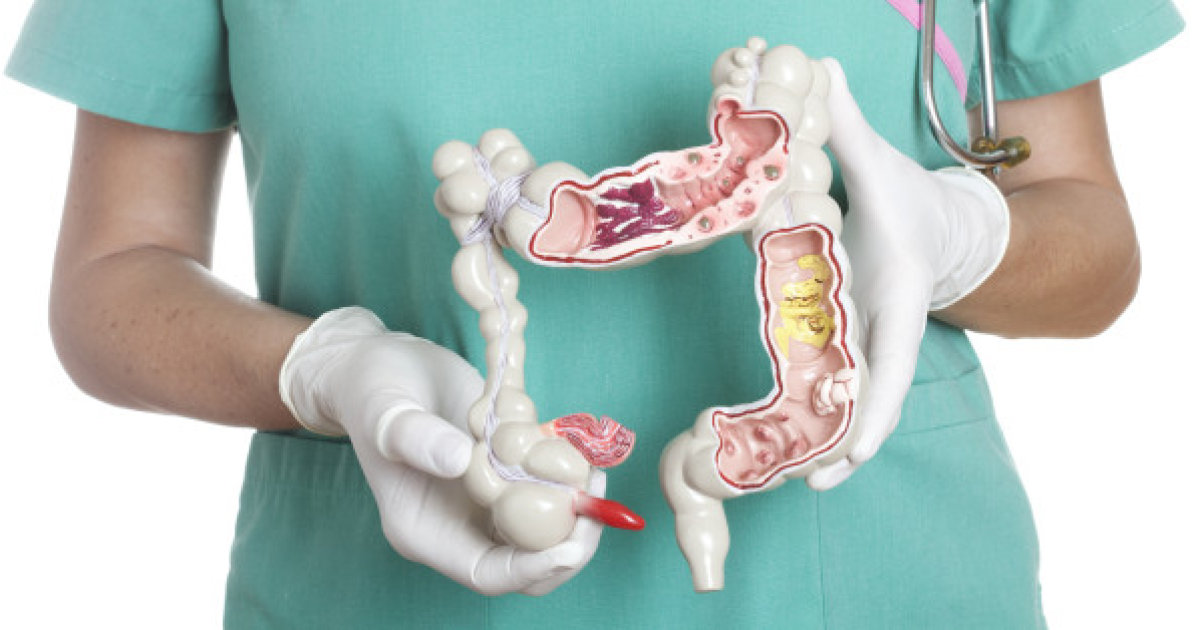Guide To The Conditions Prednisone Treats
Allergic Reactions
An allergic reaction is a set of symptoms that develop because the immune system has an abnormal reaction to a substance that is relatively harmless to the body. Some of the most prevalent allergens known to produce allergic reactions include peanuts, pollen, and eggs. During an allergic reaction, the immune system secretes an influx of antibodies or proteins that instruct cells to release a substance called histamine, which causes blood vessels to dilate and produces several other symptoms associated with allergies. Allergic reactions can occur when an allergen comes in contact with the nose, eyes, skin, mouth, or stomach. A severe allergic reaction that requires hospitalization in most cases is referred to as anaphylaxis. Part of the treatment of anaphylaxis is the administration of antihistamines and corticosteroids. For the immediate dangers anaphylaxis presents, corticosteroids are of little benefit. However, corticosteroid administration is important because it stops what is referred to as a late-phase reaction. Corticosteroids are also more effective for this purpose in individuals who are affected by asthma and also in an allergic crisis. Oral corticosteroids are often continued for several days following the acute allergic reaction.
Discover additional conditions prednisone can treat next.
Crohn's Disease

Crohn's disease is an inflammatory bowel disease that produces symptoms ranging from mild to debilitating. Crohn's disease can cause adverse problems in any part of an individual's digestive tract from their mouth to their anus but is most likely to occur in the colon and small intestine. Crohn's disease develops because of certain gene mutations, immune system responses, and different environmental factors. Symptoms of Crohn's disease include diarrhea, fever, fatigue, weight loss, abdominal cramps, blood in the stool, appetite loss, and frequent bowel movements. Crohn's disease does not have a cure, and no one method of treatment works for everyone affected by Crohn's disease. Treatment involves decreasing the inflammatory process that triggers symptoms. The first line of treatment in most cases of Crohn's disease is the use of anti-inflammatory drugs, including oral 5-aminosalicylates and corticosteroids. Corticosteroids help reduce the activity of a patient's immune system to reduce the Crohn's disease symptoms associated with the inflammatory process that takes place in the digestive tract.
Read more about the conditions prednisone treats now.
